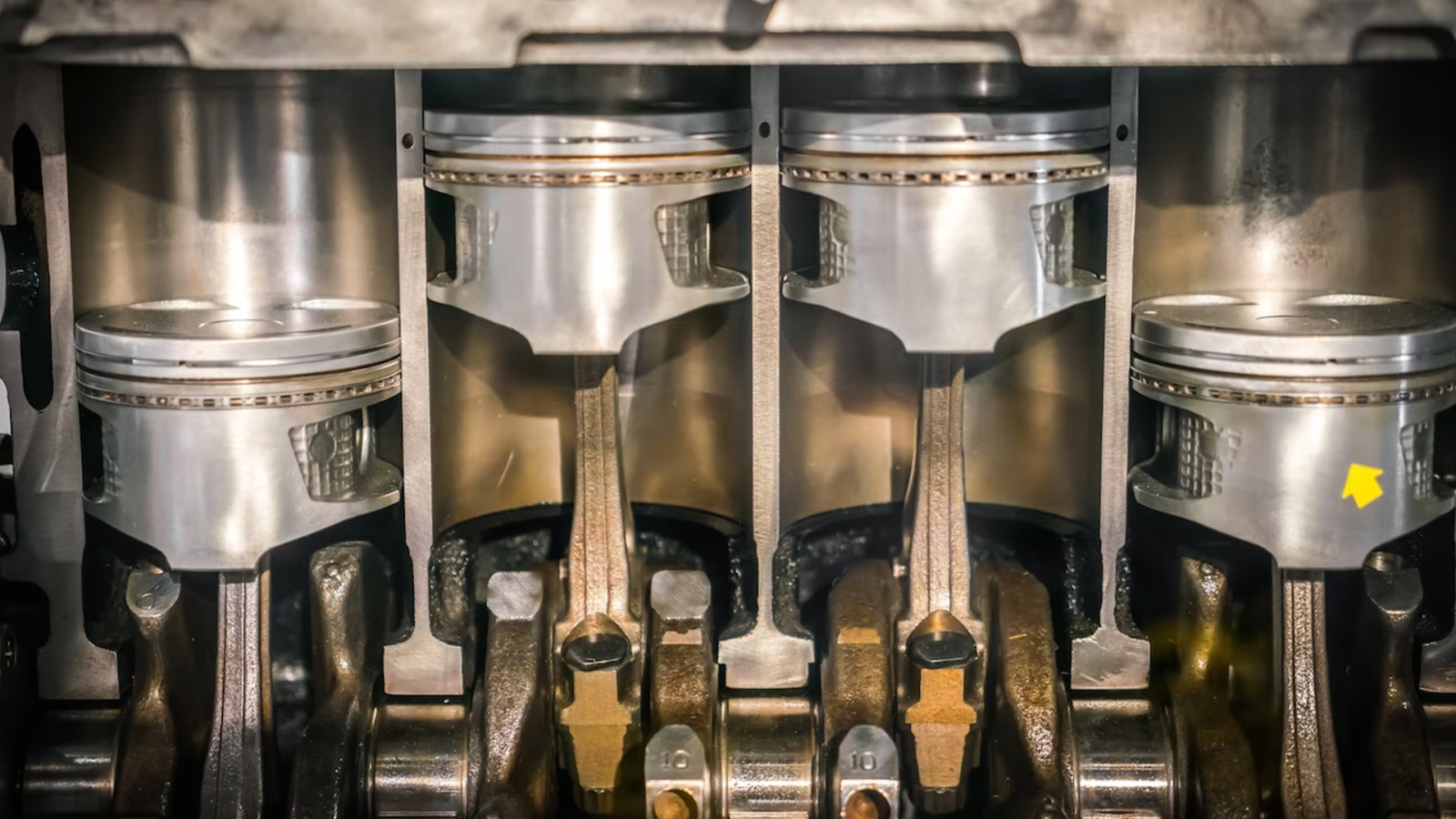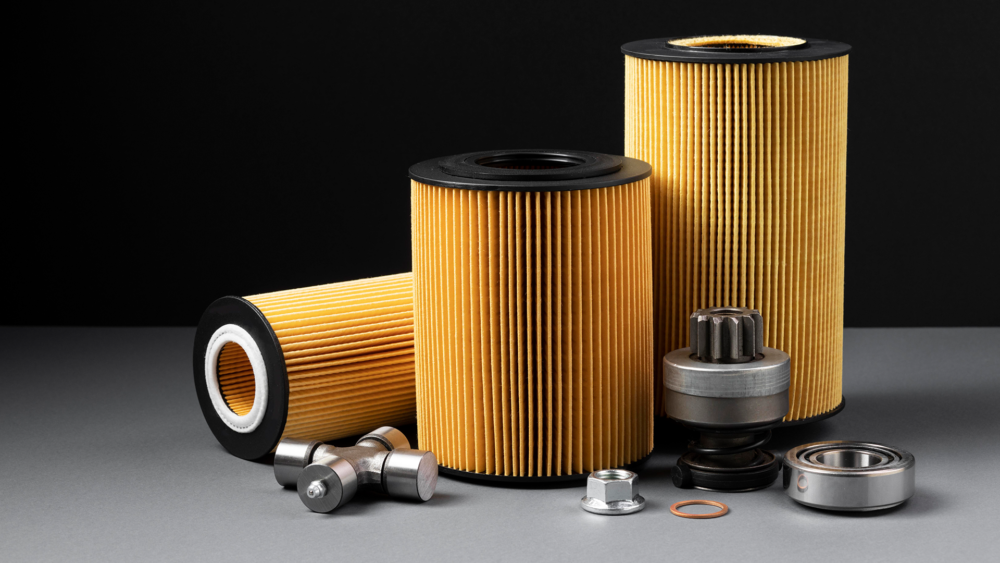Car Priming Pump: Functions, Components and How It Works
29 March, 2023

One of the advantages of a car with a diesel engine is that fuel costs are more efficient. Gasoline-fueled cars can reach a distance of 7-10 km per liter, while diesel engines can reach 11-12 km per liter. This is because, in a car’s diesel engine, there is such a thing as a priming pump. This term is closely related to fuel consumption.
What is a priming pump on a car? Before choosing a diesel car, you must know the reviews below.
Definition of Priming Pump
A priming pump supplies or feeds fuel. It is called ‘priming’ because the process includes providing fuel to the various parts of the car through an injection pump. There is no difference between the priming, fuel supply, and feed pump. All three are components of the fuel system in a diesel car engine.
Priming Pump Function in Car Engines
The main function of the priming pump is to supply the fuel by distributing it to all car components that require diesel. The fuel is taken and filtered first with a diesel filter before finally being sent to the injection pump. From the injection pump, the filtered diesel is then forwarded to other car components. For more details, here is the function of the priming pump:
- Take fuel from the car storage tub.
- Flowing fuel to other car parts, namely to the injection pump.
- Removing unused air during the fuel process.
Seeing this function, it can be concluded that the priming pump is essential in cars that use diesel engines. If the priming pump is damaged or one of its components doesn’t work properly, the car can’t run properly. Fuel will not be channeled, so the engine has no power.

Priming Pump Components
For the priming pump on a diesel car engine to work properly, it requires the work of several components in it. Here is a list of required components:
1. Priming Pump Piston
The priming pump piston is the main component of the priming pump on a car. This section is designed for pumping even the most difficult materials. This component allows diesel fuel to pump more efficiently, distributing fuel better than other pumps or pistons.
When pressed, the priming pump piston will apply air pressure to the fuel storage tank so that the tank will open. After that, the piston will suck up the fuel, filter it first, and distribute it to the injection pump.
2. Solar Filters
Before being distributed to various car components that require diesel fuel to move, the diesel must first pass through a filter. The point is to ensure that the incoming diesel fuel is clean. Dirty fuel can damage the engine.
If the dirt from the fuel can enter, it can accumulate and settle in the car engine. This can damage the engine because it is corrosive, and metal materials can wear out. Therefore, the filter function is very crucial in this system.
3. Check Valves
The check valve is a valve with 2 ports. One port functions to enter liquid (diesel fuel), then the other port functions for liquid coming out. The check valve size is generally tiny with a simple shape, and the price is not expensive. Check valves are made of plastic or metal, but those in diesel engines are of metal.
4. Inlet Valves
This is the priming pump system valve that allows the fuel-liquid mixture to enter the cylinder when the valve is open. The inlet valve is designed to open and close at the right time, allowing car diesel engines to work efficiently at various speeds.
When the inlet valve is open, fuel will enter the cylinder. Then in the cylinder, the process of ignition of the fuel will occur, which becomes the energy to move the car. The remaining gas from the ignition process will be removed from the exhaust valve or exhaust valve. When the priming pump handle is pressed, the inlet valve will open.
How Priming Pumps Work
How does the priming pump work? What is used today still uses human power, so you can say it is still conventional. So you need to squeeze the pump handle, which will apply pressure to the priming pump. After that, then the pressure is responded to. Pressing the pump handle will result in a decrease in the diaphragm in the fuel system.
After being pressed, the check valve outlet will open, and diesel fuel will flow. On the other hand, the inlet valve will be closed and prevent the flow of electricity. As soon as you remove the pump handle, the opposite happens: the fuel system diaphragm is in normal condition, the outlet check valve closes, and the inlet valve opens.
That’s a complete explanation of the priming pump, from its function and components, to how it works. Basically, this component is essential. Even if a problem occurs, it can cause the car to die suddenly.



